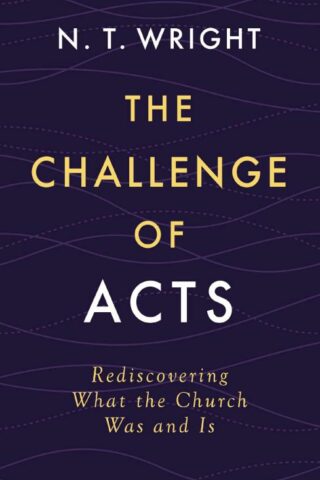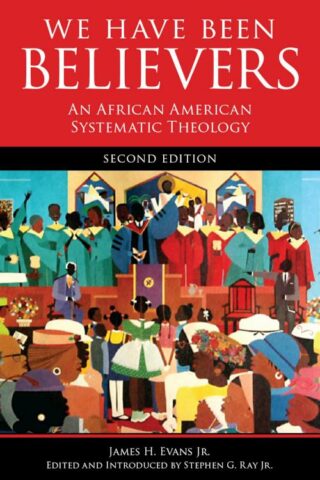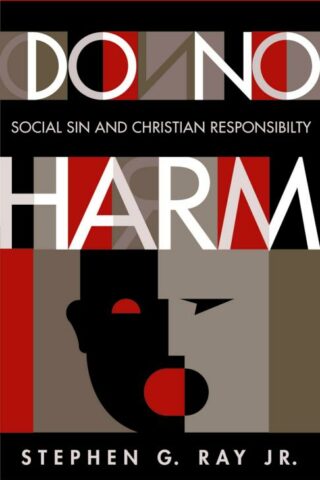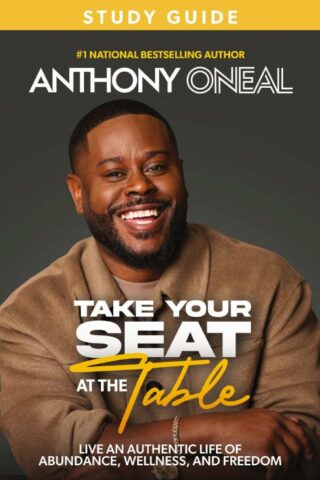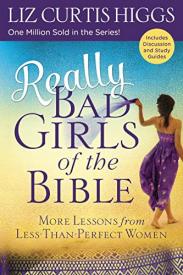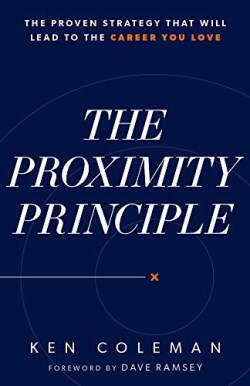Stephen Ray
Showing all 2 resultsSorted by latest
-
We Have Been Believers (Expanded)
$48.33Seeking to overcome the chasm between church practice and theological reflection, James H. Evans Jr., a major and distinctive voice in American religion, situates theology squarely in the nexus of faith with freedom. There, with a sure touch, he uplifts revelatory aspects of black religious experience that reanimate classical areas of theology, and he creates a theology with a heart, soul, and voice that speak directly to our condition. Edited and introduced by Stephen G. Ray Jr., the second edition, published on the twentieth anniversary of the first, includes three new essays that identify the value of the book for womanist, evangelical, and black church audiences. The new edition concludes with an Afterword by the author himself.
Add to cartin stock within 3-5 days of online purchase
-
Do No Harm
$40.00Among the evils addressed by Christian theology, says Stephen Ray, must be the evil perpetuated by its own well-meant theologies. His important project examines the downside of the category of social sin, especially in theologians’ used of destructive stereotypes that have kept Christians from realizing and engaging the most pervasive social evils of our time–racism and anti-Semitism. To make his case, Ray examines problematic ways in which several theologians describe the reality of social evil. “Theologians,” he contends, “often unwittingly describe (social) sin in terms that may themselves be profoundly racist, sexist, heterosexist, anti-Semitic, and classist.” He contends that they must attend more carefully to the social evils deeply embedded in their own patterns of language and thought. Ray looks specifically to the work of Reinhold Neibuhr and Dietrich Bonhoeffer to document unintended consequences of theology’s oversights and then to Augustine, Luther, and Calvin to analyze the strains and strengths of traditional notions. Not only theologians and ethicists but also ministers and laity will benefit from Ray’s thoughtful reconsideration of the social stance of Christian theology.
Add to cartin stock within 3-5 days of online purchase




